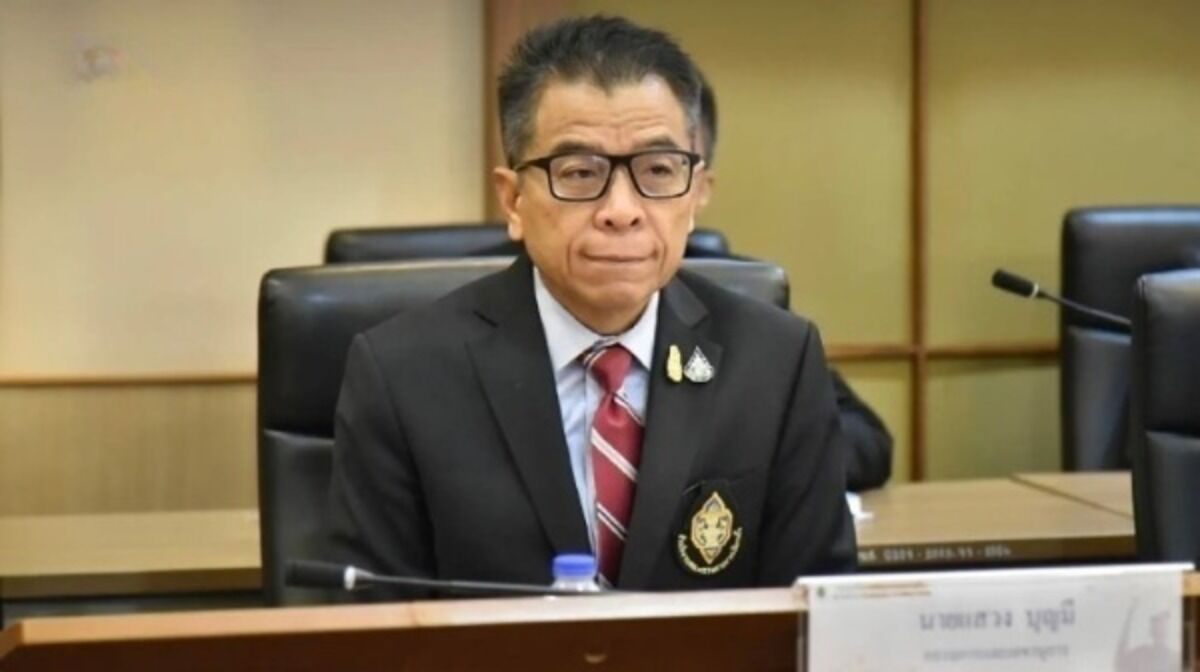Election Commission seals deal: Senatorial results get green light

The Election Commission (EC) finally endorsed the results of the senatorial election. Despite initial delays and mounting complaints, the EC confirmed the election’s integrity and backed all 200 winners.
The EC convened today, July 10, meeting from 9am to 2.30pm, to resolve the matter. Initially slated for an announcement on July 3, the endorsement was repeatedly postponed due to a flurry of allegations. Various groups and unsuccessful candidates lodged complaints, questioning the qualifications of some winners and alleging collusion in the voting process.
Sawang Boonmee, the EC Office’s Secretary-General, clarified the decision.
“After thorough checks and reviews, the EC concluded that the elections were conducted cleanly and fairly. We found no substantial evidence to support the allegations.”
The EC’s rigorous review confirmed the legitimacy of all 200 winners. However, only 99 candidates from the waiting list were endorsed, as one candidate was disqualified.
“We endorsed 99 candidates on the waiting list instead of 100 because a candidate in one professional group was found to be unqualified.”
The disqualified candidate was Khodiyah Songngam, who had contested in the mass communication group. A source revealed that Khodiyah, an adviser to a politician in Angthong province, was not a reporter or journalist as required, leading to her removal from the waiting list.
The endorsed winners must report to the EC for certification tomorrow, July 11 and Friday, July 12 from 8.30am to 4.30pm. Those on the waiting list could potentially be moved up to senatorial positions if any of the current senators are later disqualified or resign, reported The Nation.
ORIGINAL STORY: Outgoing Senate to fulfil duties until new members endorsed by EC
Senate Speaker Pornpetch Wichitcholchai affirmed that the outgoing Senate will continue its duties until the Election Commission (EC) officially endorses the 200 new senators.
This statement comes amid questions from political analysts and senators-elect regarding the outgoing Senate’s role in reviewing the budget proposal for the upcoming fiscal year. Concerns have been raised about why the outgoing senators, whose terms end once the EC confirms the Senate election results, are handling the budget review instead of the senators-elect, who will be held accountable for any budget-related issues.
Pornpetch clarified yesterday, July 7, that according to the law, the current senators must remain in their roles until the new Upper House is sworn in. He noted that while the outgoing senators’ term technically expired on May 10, they are legally required to continue their duties. He emphasised that this adherence is in line with the constitution, ensuring the continuity of Parliamentary operations.
“The senators must carry out their function.”
He pointed out that the Senate is set to review amendments to the Administration’s Measures for Prevention and Suppression of Corruption Act today, which the House of Representatives has sent back for further consideration.
Regarding the suggestion by caretaker Senator Somchai Swangkarn to form a committee to study the Senate voting process based on Section 107 of the charter, Pornpetch mentioned that he has yet to examine the proposal’s specifics.
Meanwhile, the EC is preparing to announce the results of the Senate election this week. A source has indicated that the Secretariat of the Senate will hold a ceremony to welcome the 200 new senators and the 100 candidates on the reserve list at the parliament complex in Bangkok’s Dusit district.
Following the EC’s endorsement, the names of the new senators will be published in the Royal Gazette. The new senators will then take their oath of office during the first Senate meeting. An election will also be held to choose the Senate speaker and their deputy.
The newly elected senators will serve a five-year term. Unlike their predecessors, they will not participate in selecting the next prime minister. Their responsibilities will be limited to passing legislation, approving amendments to laws, and endorsing the appointment of members of independent organisations, Constitutional Court judges, and the attorney-general, reported Bangkok Post.
Latest Thailand News
Follow The Thaiger on Google News:


























